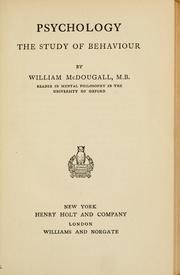
Photo from academic.microsoft.com
According to published studies in the field, random choice and random estimation are the only options for tackling judgment and decision-making tasks where the elements from which to infer a… Click to show full abstract
According to published studies in the field, random choice and random estimation are the only options for tackling judgment and decision-making tasks where the elements from which to infer a required criteria are not recognized. In Campitelli and Labollita (2010), participants were asked to estimate the nationality and Elo rating of chess players based on their surnames. In the present study I re-analyze those 123 participants from Campitelli and Labollita (2010) who declared not to have recognized any player. Even in this scenario of null recognition, they managed to correctly infer the Russian players' nationality and Elo ratings; it is likely that successful and ecologically rational heuristics were used. I found evidence of new structured probabilistic environments external to the lab, likely to have generated a number of undirected and involuntary associations in the memories of the participants, who may have used them in their heuristics to infer the criteria requested. The results support the models of limited rationality: despite the scarcity of available information, the fact that the heuristics did not guarantee success, and the risk of overestimating the heuristics’ effectiveness while underestimating their own biases, participants still favored them over random guesswork, thus suggesting an adaptive use. I invite a revision of what is considered “good reasoning” when applied to problems in environments of uncertainty that call for satisfactory, rather than optimal, solutions. This research provides the basis for new studies in the field of heuristics under previously unexplored conditions, and a new perspective for the analysis of prior works, towards a better understanding of the relationship between cognition and the environment.
Journal Title: Europe's Journal of Psychology
Year Published: 2019
Link to full text (if available)
Share on Social Media: Sign Up to like & get
recommendations!